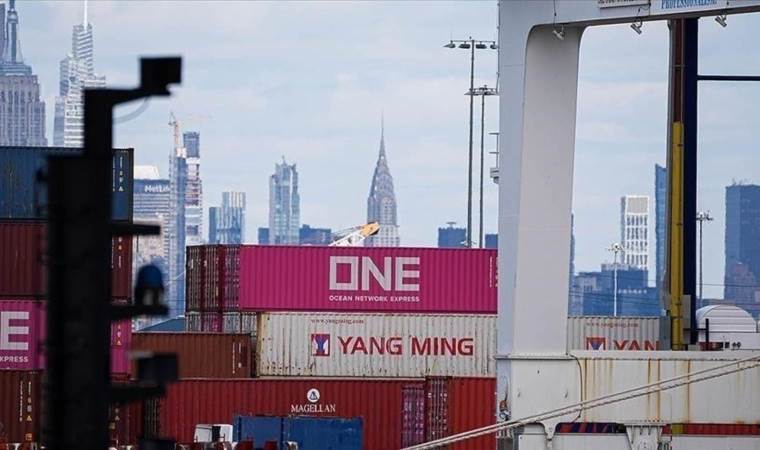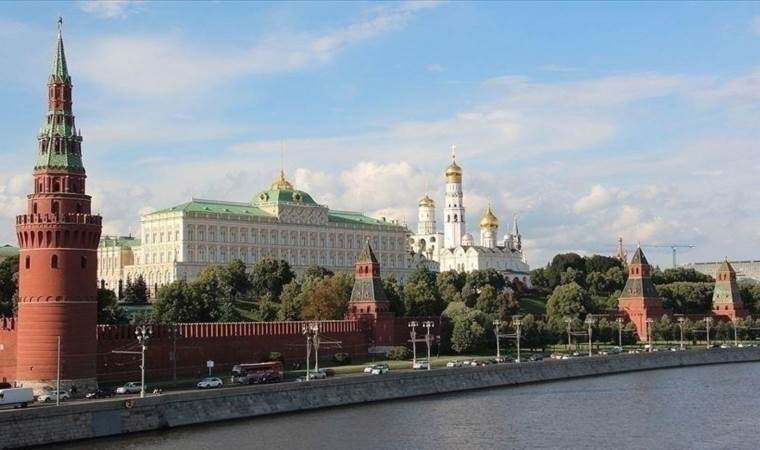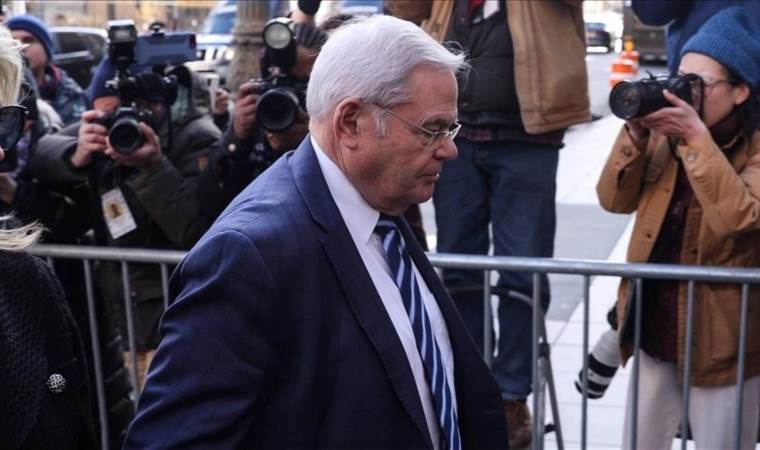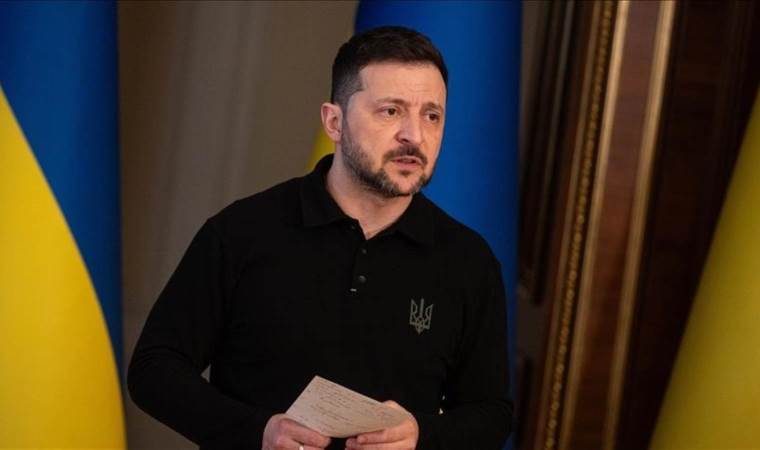In UN talks for a global plastic treaty, delegates to face off over production limits
As the world's nations enter another round of talks this week on creating a first-ever treaty to contain plastic pollution, officials are bracing for tough negotiations over whether to limit the amount of plastic being produced or just to focus on the management of waste.
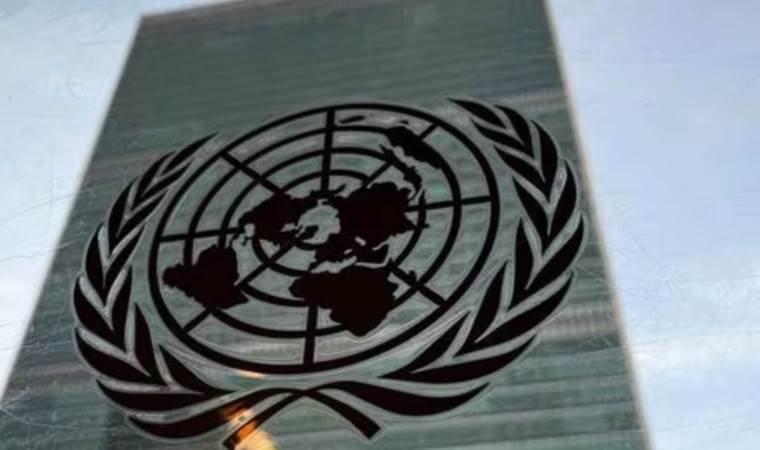
Working with a document called a "zero draft" that lists possible policies and actions to consider, national delegates to the weeklong meeting in Nairobi, Kenya, will be debating which of those options to include in what eventually would become a legally binding treaty by the end of 2024, officials involved in the negotiations said.
"We are at a pivotal moment in this process," said David Azoulay, a managing attorney of the Center for International Environmental Law who is an observer to the negotiations.
The world is currently producing about 400 million tonnes of plastic waste every year, with less than 10% of it being recycled, according to the UN Environment Programme, choking landfills and despoiling oceans. That produced amount is set to surge in the coming decade, as oil companies, which often also produce plastics, look to new sources of revenue amid the energy transition away from fossil fuels.
Today, about 98% of single-use plastic - like bottles or packaging -is derived from fossil fuel, according to the U.N. Environment Programme.
The European Union and dozens of countries, including Japan, Canada and Kenya have called for -a strong treaty with "binding provisions" for reducing the production and use of virgin plastic polymers derived from petrochemicals and for eliminating or restricting problematic plastics, such as PVC and others containing toxic ingredients.
That position is opposed by the plastic industry and by oil and petrochemical exporters like Saudi Arabia, who want to see plastic use continue. They argue that the treaty should focus on recycling and reusing plastics, sometimes referred to in the talks as "circularity" in the plastics supply.
In a submission ahead of this week's negotiations, Saudi Arabia said the root cause of plastic pollution was "inefficient management of waste."
The United States, which initially wanted a treaty comprised of national plans to control plastics, has revised its stance in recent months. It now argues that, while the treaty should still be based on national plans, those plans should reflect globally agreed goals to reduce plastic pollution that are "meaningful and feasible," a U.S. State Department spokesperson said in a statement to Reuters.
The International Council of Chemical Associations wants the treaty to include measures "that accelerate a circular economy for plastics," according to council spokesperson Matthew Kastner.
"The plastics agreement should be focused on ending plastic pollution, not plastic production," Kastner told Reuters in a statement.
For oil, gas and petrochemical producers and exporters, a strong treaty is liability that could curb the sale of fossil fuels, said Bjorn Beeler, international coordinator of the International Pollutants Elimination Network.
Saudi Arabia and other producers are "pushing a 'bottom up' approach that makes individual countries responsible for the cleanup, health, and environmental costs of plastics and chemicals while leaving the fossil fuels and plastics industries off the hook," Beeler said.
Countries will also be debating whether the treaty should set transparency standards for chemical use in plastics production.
But before they can work on the substantive points, delegates will need to resolve procedural objections that slowed the talks in June when Saudi Arabia said decisions should be adopted by a majority of countries rather than by consensus. A consensus would allow one country to block the treaty's adoption. Most other countries did not support the intervention.
The Saudi delegation did not immediately respond to a request for comment.
Environmental groups said they hoped this week's talks can focus on the treaty's substance, and move beyond the procedural discussions that stall progress.
"We need a radical rethink of the global plastics economy and cannot get bogged down by derailing tactics and false solutions," said Christina Dixon of the Environmental Investigation Agency.
Most Read News
-
 China integrates AI into undergraduate studies
China integrates AI into undergraduate studies
-
 South Korea, US to hold trade talks this week
South Korea, US to hold trade talks this week
-
 Germany cuts economic growth forecast to stagnation for
Germany cuts economic growth forecast to stagnation for
-
 6.3 magnitude earthquake strikes off Indonesia’s Talaud
6.3 magnitude earthquake strikes off Indonesia’s Talaud
-
 Kremlin says Putin open to talks on civilian strikes mor
Kremlin says Putin open to talks on civilian strikes mor
-
 South Korean military holds live-fire drills near inter-
South Korean military holds live-fire drills near inter-
-
 Wife of former US Senator Menendez found guilty in bribe
Wife of former US Senator Menendez found guilty in bribe
-
 Harvard University sues Trump administration over fundin
Harvard University sues Trump administration over fundin
-
 Zelenskyy demands Russian clarity over strikes on civili
Zelenskyy demands Russian clarity over strikes on civili
-
 Pope Francis' funeral to take place on April 26, Vatican
Pope Francis' funeral to take place on April 26, Vatican

